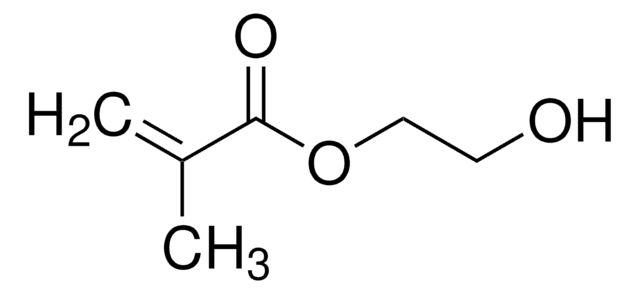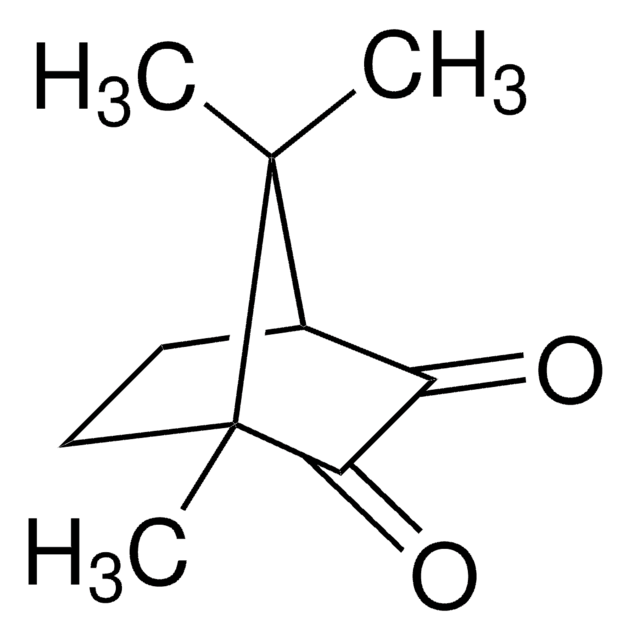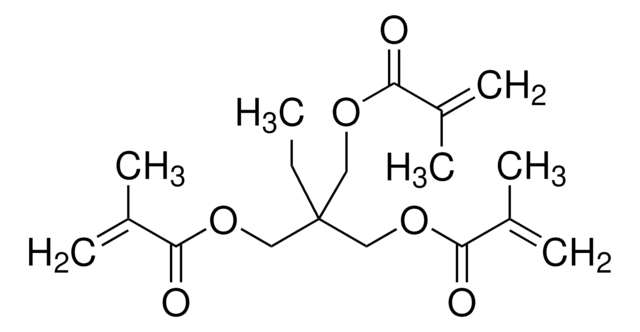261548
Triethylene glycol dimethacrylate
95%, cross-linking reagent polymerization reactions, methacrylate, 80-120 ppm MEHQ as inhibitor
Sinónimos:
TEGDMA
About This Item
Productos recomendados
Nombre del producto
Triethylene glycol dimethacrylate, contains 80-120 ppm MEHQ as inhibitor, 95%
Quality Level
assay
95%
form
liquid
contains
80-120 ppm MEHQ as inhibitor
reaction suitability
reagent type: cross-linking reagent
reaction type: Polymerization Reactions
refractive index
n20/D 1.461 (lit.)
bp
170-172 °C/5 mmHg (lit.)
density
1.092 g/mL at 25 °C (lit.)
Ω-end
methacrylate
α-end
methacrylate
polymer architecture
shape: linear
functionality: homobifunctional
storage temp.
2-8°C
SMILES string
CC(=C)C(=O)OCCOCCOCCOC(=O)C(C)=C
InChI
1S/C14H22O6/c1-11(2)13(15)19-9-7-17-5-6-18-8-10-20-14(16)12(3)4/h1,3,5-10H2,2,4H3
InChI key
HWSSEYVMGDIFMH-UHFFFAOYSA-N
¿Está buscando productos similares? Visita Guía de comparación de productos
Categorías relacionadas
General description
Application
signalword
Warning
hcodes
Hazard Classifications
Skin Sens. 1
Storage Class
10 - Combustible liquids
wgk_germany
WGK 1
flash_point_f
332.6 °F - closed cup
flash_point_c
167 °C - closed cup
ppe
Eyeshields, Faceshields, Gloves, type ABEK (EN14387) respirator filter
Elija entre una de las versiones más recientes:
¿Ya tiene este producto?
Encuentre la documentación para los productos que ha comprado recientemente en la Biblioteca de documentos.
Los clientes también vieron
Artículos
The Progress in Development of Dental Restorative Materials
Global Trade Item Number
| Número de referencia del producto (SKU) | GTIN |
|---|---|
| 261548-1L | 4061837886393 |
| 261548-250ML | 4061837886409 |
Nuestro equipo de científicos tiene experiencia en todas las áreas de investigación: Ciencias de la vida, Ciencia de los materiales, Síntesis química, Cromatografía, Analítica y muchas otras.
Póngase en contacto con el Servicio técnico












